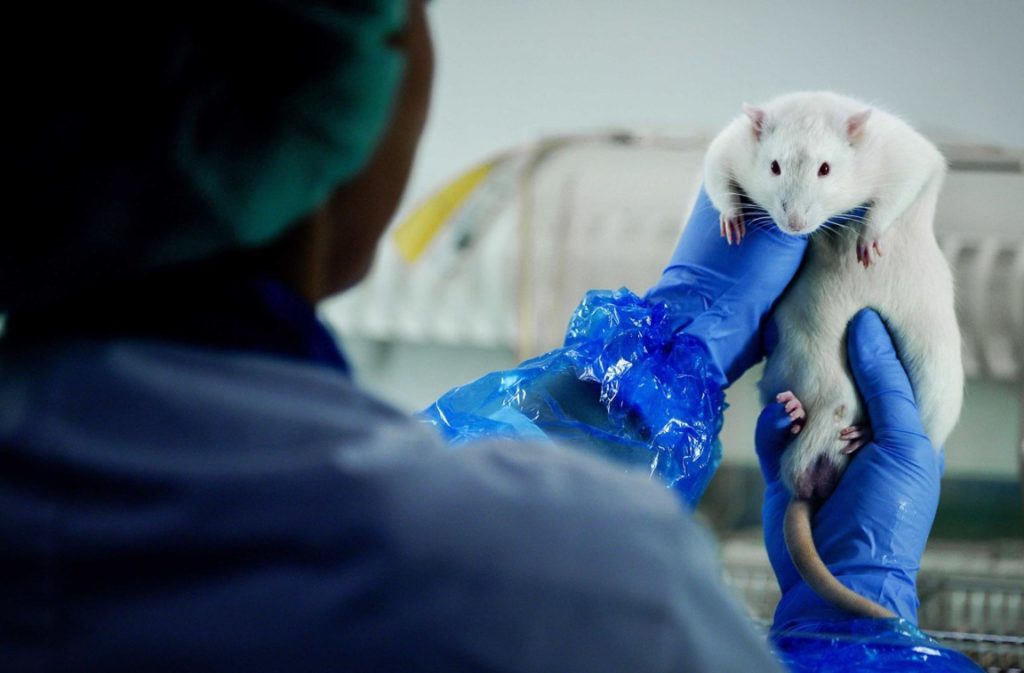A PhD student at the Brussels VUB university has found that fewer laboratory animals would be needed for research projects if mathematical calculations were used to improve the analysis of results. This would bring down costs and spare animal lives.
The findings highlight how this form of interim analysis could optimise the number of participating patients or laboratory animals. A special web tool was developed to apply the corrections to animal experiments.
As PhD student Susanne Blotwijk explains: "We have developed an open-source web tool that everyone can use for free. The software helps optimise the experiment and the number of laboratory animals needed. In this way, a correct sample size is calculated and the mathematics can contribute to a further reduction of the use of laboratory animals."
Related News
- Nearly half a million animals killed in Belgian laboratories in 2020
- Animal testing in Brussels dropped by one-third in five years
The calculations for clinical trials are based on samples of hundreds or thousands of participants. Conducting research on animals is not without errors – the animals must be uniform in their characteristics and genetics which means breeding them under tightly-controlled conditions.
Nonetheless, discrepancies can still arise, which is why the new software could not only enhance the results from a smaller sample size but could also reduce the margin of error.

